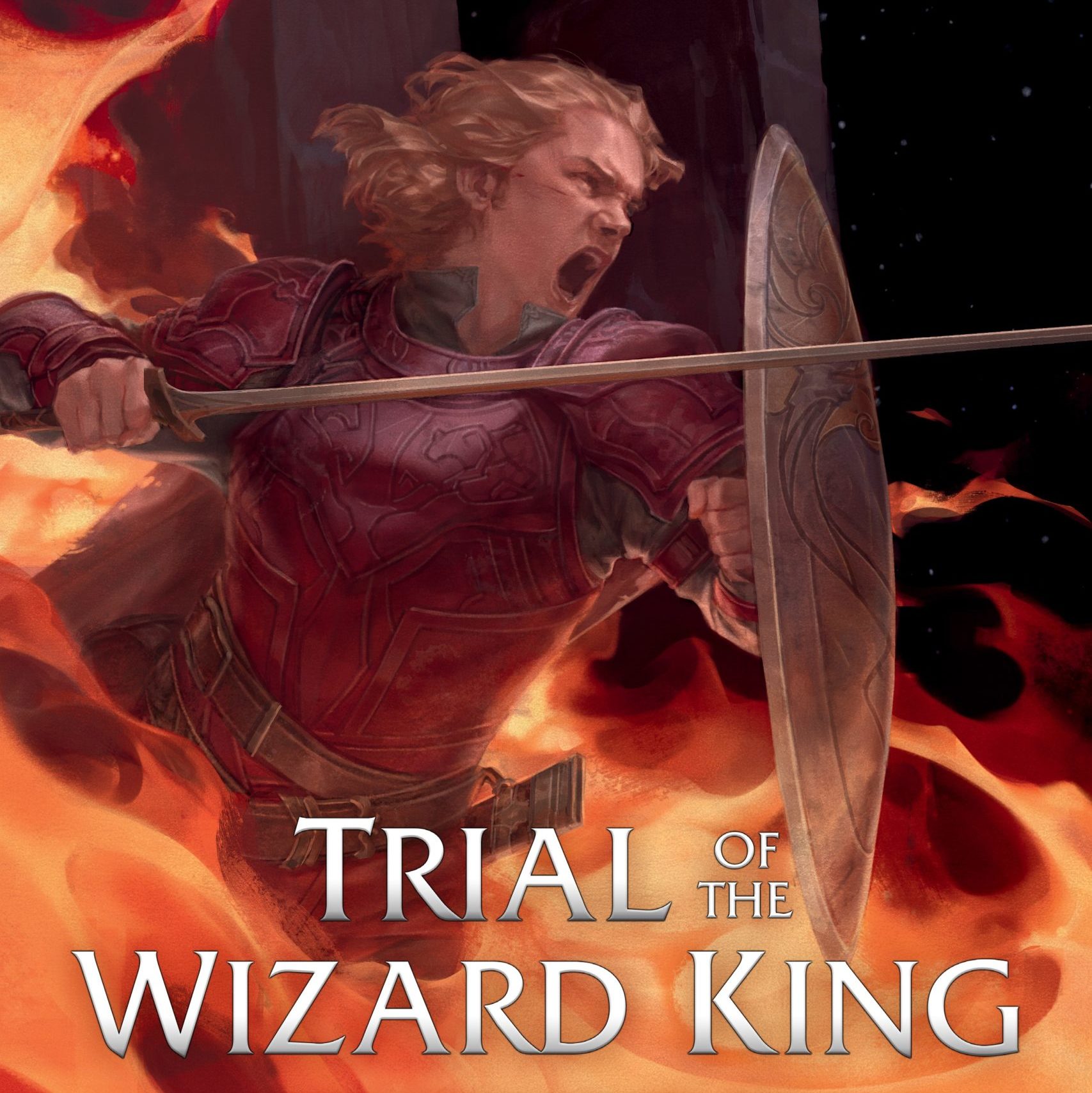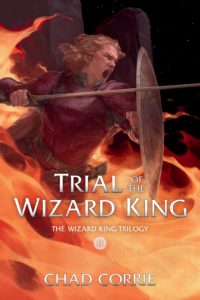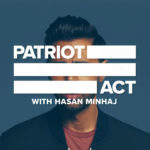
 Following the events of Return of the Wizard King, we see our heroes-slash-mercenaries going their separate ways. They managed to stop the Elyellium Elves from getting their hands on empire-building knowledge but lost a member of their party when a lich, the last wizard king known as Cadrith Elanis (who had been trapped in the Abyss for centuries), finally makes his way back to the world of Tralodren and kidnapped the wizardess Cadrissa for reasons unknown to them. Trial of the Wizard King sees the Pantheon of Gods observing the heroes on their individual journeys and leading them to confront the lich in an attempt to stop him from achieving his ultimate goal on the path to power. Unbeknownst to him, Cadrith has a secret benefactor helping him each step along the way.
Following the events of Return of the Wizard King, we see our heroes-slash-mercenaries going their separate ways. They managed to stop the Elyellium Elves from getting their hands on empire-building knowledge but lost a member of their party when a lich, the last wizard king known as Cadrith Elanis (who had been trapped in the Abyss for centuries), finally makes his way back to the world of Tralodren and kidnapped the wizardess Cadrissa for reasons unknown to them. Trial of the Wizard King sees the Pantheon of Gods observing the heroes on their individual journeys and leading them to confront the lich in an attempt to stop him from achieving his ultimate goal on the path to power. Unbeknownst to him, Cadrith has a secret benefactor helping him each step along the way.
Upon reflection, the Wizard King Trilogy series feels quite similar to the TV show Supernatural with regards to how the main threat of each narrative seems to get larger and more difficult for the heroes to overcome. In the first book, our characters gathered together to stop a world-dominating empire from rising, only to unleash a superpowerful wizard king. Now, that same wizard king is trying to amass more power, and the danger to the world is only to get worse from there.
Chad Corrie does a great job of character development, particularly with the Valkorian knight, Rowan Cortak, as he wrestles against the racist values taught to him by the knighthood and other Nordic elders. It’s a subtle thing that really makes him relatable, especially in the days of the Black Lives Matter movement as many people have worked to challenge their own internal biases. Corrie also does a great job of letting each of the main characters shine in their own way and develop away from the others. However, even though this is a book about a group of adventurers, they hardly spend any time together. There’s very little team dynamics where the characters interact with one another, and we see a new side to them to juxtapose against their time alone and with strangers.
The worldbuilding is quite excellent, and I find the gods of Tralodren incredibly fascinating. They’re a mixture of Greek Olympians and Marvel’s Asgardians. Like the Olympians in Homer’s Iliad, they observe the world turn, making their champions do what they want, often working against one another in secret. And like the Asgardians, they have a history of galactic conquest and a great empire that isn’t what it used to be. One aspect I find interesting — and a departure from typical western depictions of gods — is Corrie’s treatment of the gods of death, fire, and darkness. Unlike Hades in the Percy Jackson series or Disney’s Hercules, they are shown as natural elements of the cosmic order, neither good nor evil. And the one truly evil entity helping Cadrith has elements which remind me of H.P. Lovecraft’s Cthulhu. Is Corrie planting seeds for an Olympian vs Lovecraftian Elder God showdown? Dun, dun, dun!
Trial of the Wizard King is not friendly to new readers. A lot of this book builds directly off of the previous novel and assumes you remember everything and everyone. I find Corrie isn’t the best at introducing new characters, and because there are so many, it’s difficult to keep track of them all, especially the gods. Despite the sheer number of characters, this book barely passes the Bechdel Test. Only once throughout the entire novel do two female characters with names talk to each other, and not about a man. However, they do speak in the presence of a man. Corrie’s treatment of the Syvani Elves is reminiscent of various portrayals of indigenous peoples with their nature-based belief system and treatment by “civilized people.” However, it is pretty neat that their cousins did create great civilizations and empires.
The Trial of the Wizard King is a book with incredible worldbuilding; characters with complex, relatable real-world anxieties and struggles; and various religions and histories that make you want to know more. A slow burn to start, but once it gets going, this book is very hard to put down. It’s highly recommended that readers read this immediately after Return of the Wizard King in order to keep track of all the nations, races, and religions and be somewhat familiar with Pathfinder or at least willing to do quick Google searches. A wiki-site would be a great resource!



![[REVIEW] UNCANNY AVENGERS #1](https://geekd-out.com/wp-content/uploads/2023/08/ua-1-feat-150x150.jpg)